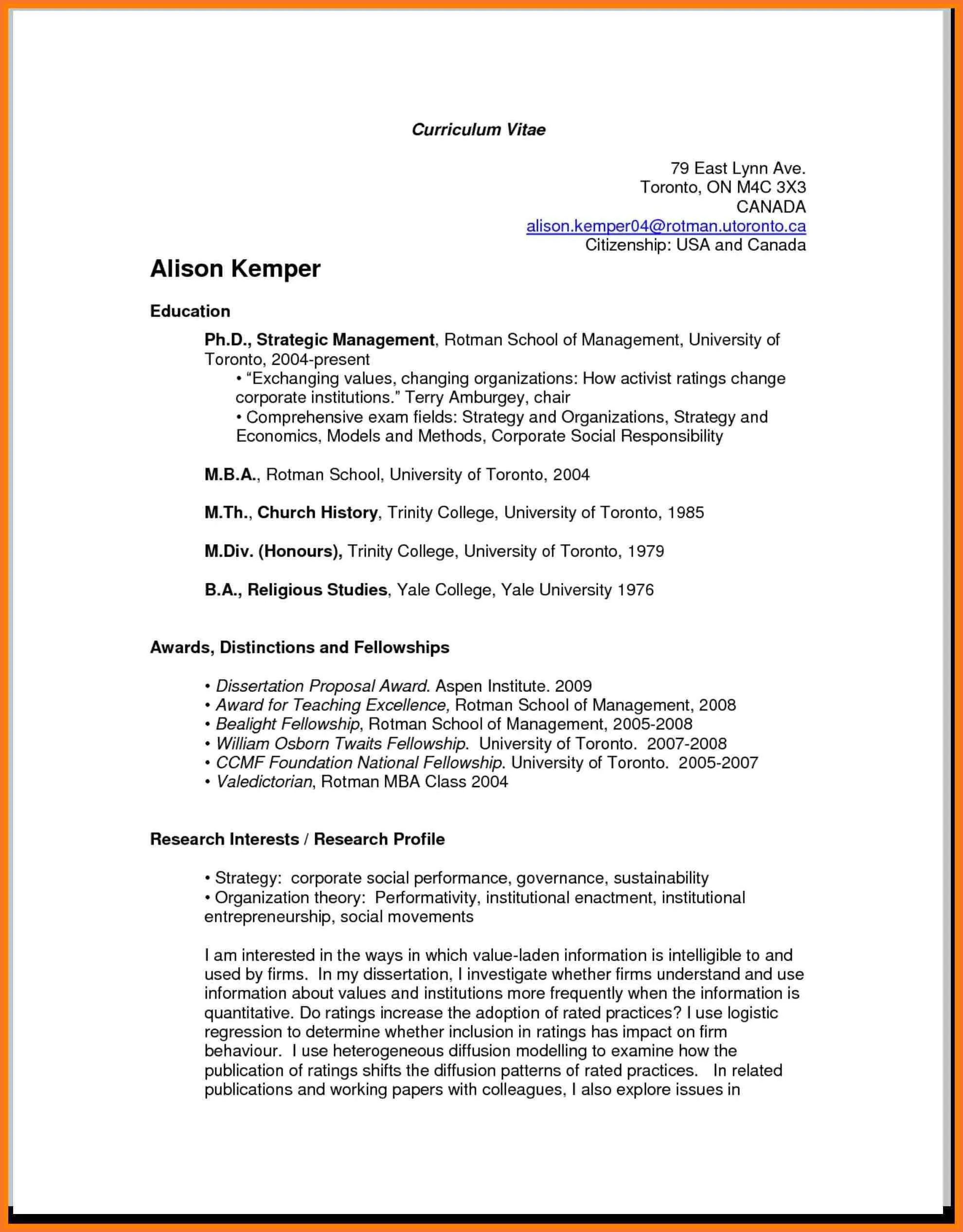Understanding the Yale Cover Letter
A cover letter is a crucial component of your application to Yale University, serving as your initial introduction to the admissions committee. It’s your opportunity to go beyond your academic transcripts and resume to showcase your personality, aspirations, and suitability for the program. This guide will provide you with insights and a Yale cover letter sample, enabling you to craft a compelling cover letter that stands out. Crafting a successful cover letter requires more than just listing your accomplishments; it requires a strategic approach to highlight your unique qualities and fit within the Yale community. This article will help you understand the importance of each section and provide you with practical tips and examples to make your cover letter shine.
Why a Cover Letter Matters for Yale
A well-written cover letter significantly boosts your chances of admission to Yale by providing context to your application. It allows you to articulate your motivations for choosing Yale and your specific program, which demonstrates your genuine interest. It provides the admissions committee with a deeper understanding of your background, experiences, and how they align with the university’s values. Moreover, it reveals your writing skills, organizational abilities, and attention to detail, all of which are highly valued. Think of it as a personal introduction that goes beyond the numbers and statistics, giving the committee a glimpse of the person behind the application and offering crucial details about your aspirations, and how Yale can help you achieve your goals. A cover letter also offers the opportunity to address any gaps or unique aspects of your application.
Key Components of a Compelling Cover Letter
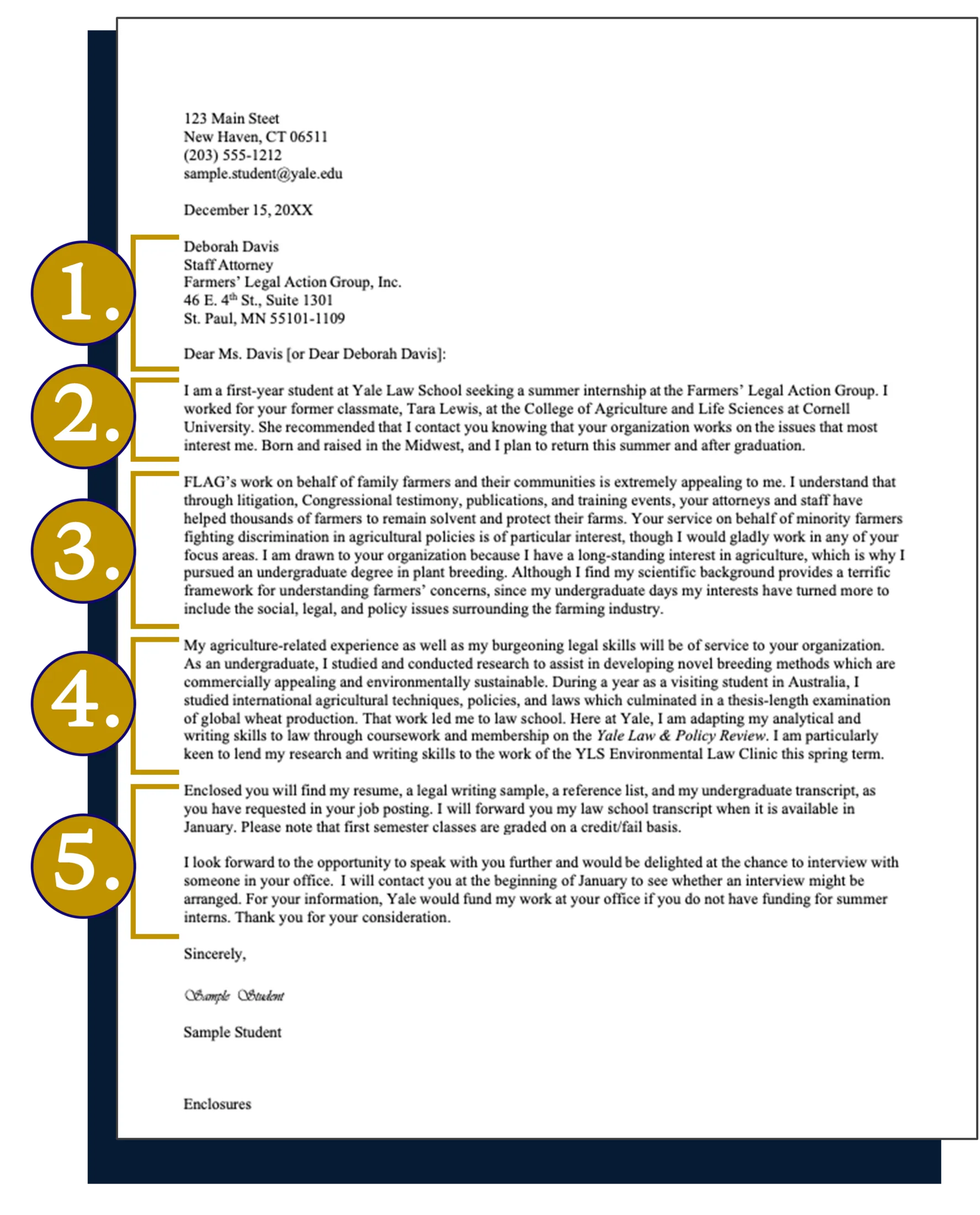
A compelling Yale cover letter sample includes several key components, ensuring a cohesive and persuasive argument for your candidacy. Start with a strong introduction that immediately grabs the reader’s attention and clearly states your purpose. The body should highlight your relevant experiences, skills, and achievements, showcasing how they align with the program’s requirements and your future goals. Demonstrating your knowledge of the program, the faculty, and the university’s values is essential. Include your research of faculty and current work which also makes it clear you’re making an effort to learn about your program. Finish with a powerful conclusion that reiterates your enthusiasm for the program and your aspirations for the future, leaving a lasting impression. Every part must show you did your research, and have great writing skills.
Researching Yale and Your Specific Program
Thorough research is the foundation of a successful cover letter. Begin by exploring Yale’s website, focusing on the specific program you are applying to. Understand the program’s curriculum, faculty, and research opportunities. Investigate the program’s mission, values, and the types of students they seek. This research will enable you to tailor your letter to the program’s specific needs, demonstrating your genuine interest. Look into faculty profiles, noting their research interests and how they align with your own goals. Show them you understand the program, and that you’re interested in being a part of it. This in-depth knowledge will allow you to customize your letter and make a strong impact, demonstrating your dedication to Yale. Visit the university’s website or reach out to current students or alumni for additional insights.
Structuring Your Yale Cover Letter
A well-structured cover letter is easy to read, and will highlight your key information. Begin with your contact information, the date, and the recipient’s details, which sets the tone for professionalism. Start with an engaging introduction, immediately capturing the reader’s attention and stating your purpose. Follow with body paragraphs that showcase your qualifications, experiences, and how they align with the program’s requirements. Organize your thoughts to ensure the reader understands your best qualities. Use clear section headers. Conclude with a strong summary of your interest and future aspirations. Use a formal tone, proper formatting, and concise language to communicate effectively. This structure ensures the cover letter is clear, organized, and highlights your key strengths.
The Introduction Crafting Your Hook
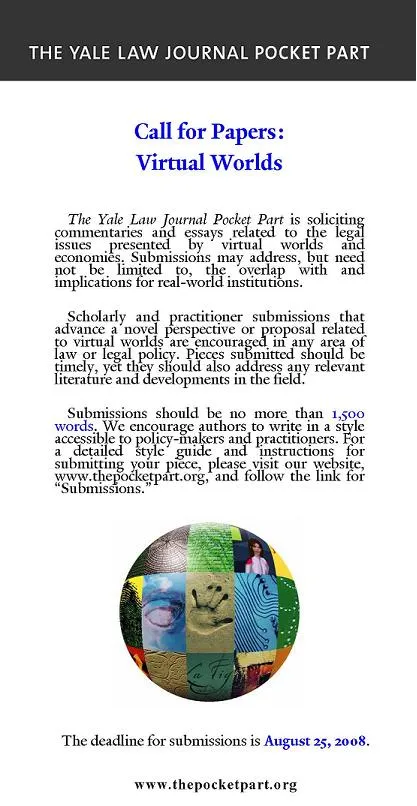
The introduction is the first impression you make, so it needs to be impactful. Start with a compelling hook, such as a brief story, a striking statement, or a question that immediately grabs the reader’s attention. Clearly state your purpose—mentioning the program you are applying for and why you are interested in it. Briefly highlight your key qualifications or experiences, demonstrating your suitability for the program. The introduction should set the stage for the rest of the letter. This concise introduction should not exceed more than a few sentences, setting a positive tone, showing enthusiasm, and making the reader want to learn more. Avoid generic openings; tailor it to Yale and your specific program.
Highlighting Your Experiences and Achievements
The body of your cover letter should provide details on your experiences and achievements. Focus on accomplishments that are relevant to the program you are applying to. Use the STAR method (Situation, Task, Action, Result) to describe your experiences clearly and effectively. Quantify your achievements whenever possible, using numbers and data to demonstrate your impact. Show how your skills and experiences align with the program’s objectives and how you plan to contribute to the Yale community. Keep the content specific, providing concrete examples and evidence of your capabilities. Make it about why you’d be a good fit for Yale.
Demonstrating Your Alignment with Yale
Demonstrate your understanding of Yale’s mission and values by linking your experiences and goals with the university’s culture. Research the program’s faculty, curriculum, and research opportunities to show your genuine interest. Highlight how you are a good fit for Yale’s community and culture. Mention specific aspects of the program that excite you and explain why you are the right fit. Detail how you can contribute to the Yale community through your skills, experiences, and personal qualities. Refer to Yale’s core values. This alignment reinforces your interest and shows the admissions committee that you have researched the university and are eager to be a part of it. Make sure you show you are a good fit for Yale.
Expressing Your Passion and Goals
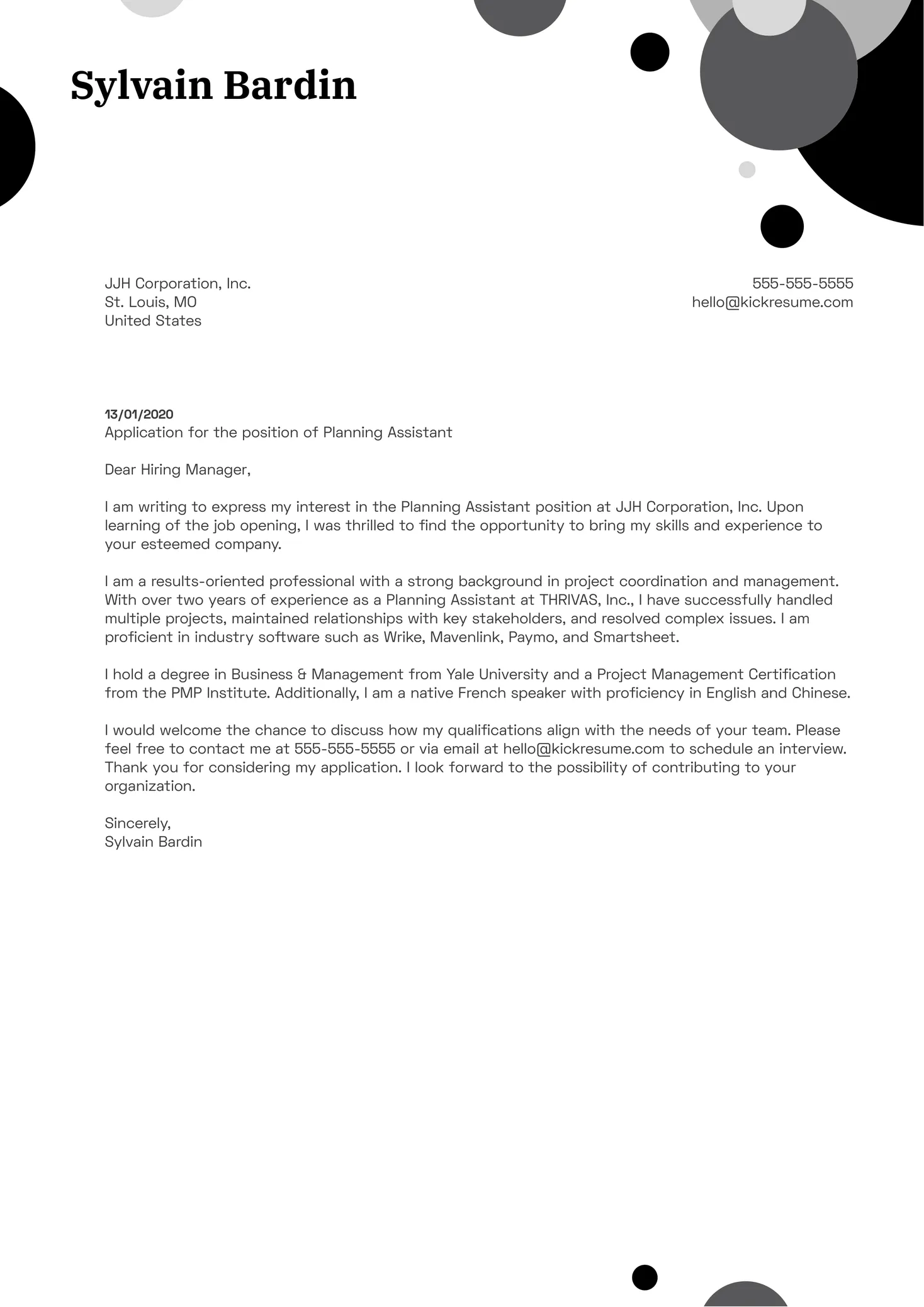
Express your passion for your field of study and outline your academic and professional goals. Explain why you are driven to pursue this program at Yale and how it aligns with your long-term aspirations. Clearly articulate your career goals and how Yale will help you achieve them. Discuss how you plan to contribute to the program and the broader Yale community. Make your statements genuine and enthusiastic, showing your commitment to your chosen path. Use specific examples and highlight experiences that have fueled your passion. Ensure your goals align with the program and Yale’s resources, showing a clear vision for your future. Write with passion and focus on what you want to achieve.
Crafting a Strong Conclusion
The conclusion should leave a lasting impression on the admissions committee, summarizing your key points. Reiterate your interest in the program and your enthusiasm for attending Yale. Briefly restate why you are a good fit for the program, reinforcing your value proposition. Express your gratitude for the reader’s time and consideration. End with a call to action, such as a statement of your hope to discuss your application further. Avoid introducing new information in the conclusion. This should summarize your key points and show why you would be a great candidate for Yale.
Tips for Writing a Standout Yale Cover Letter
To make your cover letter stand out, focus on specific elements to make it more memorable. Make your personality shine through your writing, showing the admissions committee who you are as a person. Always proofread for errors in grammar, spelling, and punctuation. Tailor your letter to the specific program and Yale’s values. Seek feedback from others to gain multiple perspectives. Focus on your unique qualities. Your cover letter should represent you and convey genuine enthusiasm for the program. These details are what separate your cover letter from others.
Showcasing Your Personality and Voice
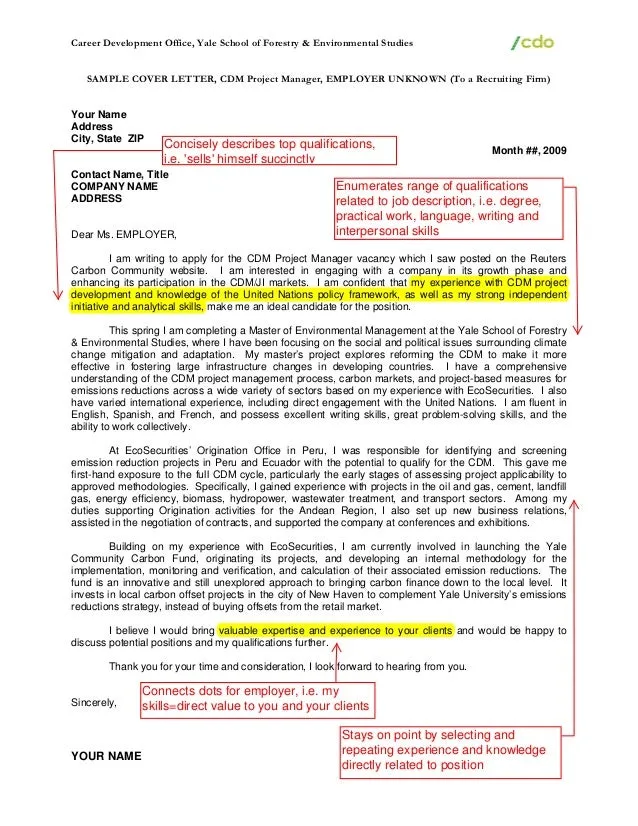
While maintaining professionalism, allow your personality to shine through your cover letter. Use a writing style that reflects your authentic self and use words and phrasing that demonstrate your enthusiasm and passion. Showcase your unique qualities, skills, and experiences that make you who you are. Avoid sounding generic. Let the committee know the person behind the application, allowing them to understand your motivations and what you would bring to the Yale community. This personal touch can help you stand out from other candidates. Make sure that your writing has personality and shows your enthusiasm.
Proofreading and Editing Your Letter
Proofreading and editing are essential steps. Review your cover letter for grammatical errors, typos, and punctuation mistakes. Ensure your writing is clear, concise, and well-organized. Read it aloud to check for awkward phrasing or unclear sentences. Use spell-check and grammar-check tools, but do not rely on them completely. Having another person review your letter can help identify areas for improvement. Pay attention to formatting to ensure your letter looks professional. It’s important to ensure everything in the cover letter is accurate and free from errors. This shows attention to detail and a commitment to presenting yourself in the best light.
Seeking Feedback from Others
Get feedback from trusted sources to get a fresh perspective on your cover letter. Ask professors, mentors, career advisors, or friends to review your letter and provide constructive criticism. Ask for feedback on the clarity of your writing, the strength of your arguments, and your overall presentation. Incorporate any suggestions to improve your cover letter, making sure the letter is the best it can be. Multiple perspectives help in refining your letter, improving your application.
Cover Letter Examples for Yale
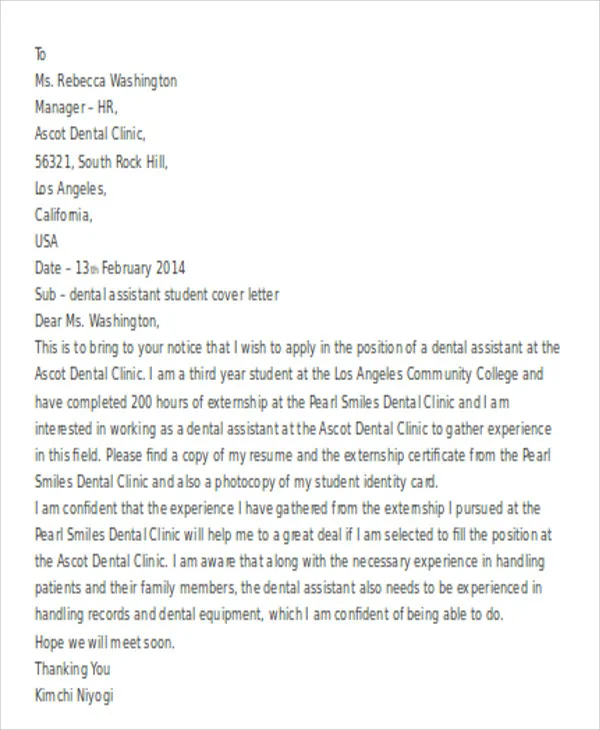
Examining successful cover letter examples for Yale can help you understand how to structure and present your information. Look for samples from the specific program you are applying to, if possible. Review the format, tone, and content of these letters to understand best practices. Analyze how the authors have showcased their qualifications, experiences, and enthusiasm for the program. Learn from their strategies. Use these examples as inspiration, but adapt them to reflect your own unique experiences and goals. Your cover letter should match what is required, so look at Yale’s examples to ensure it follows their standards.
Cover Letter Samples for Different Yale Programs
Cover letters should be tailored for each program to demonstrate your understanding of the program’s specific requirements. Review cover letter samples for various Yale programs. Look at how candidates showcase relevant skills and experiences, demonstrating their fit with the program’s objectives. Examine the language and tone used in each example. Adapt these strategies for your own letter, aligning with your background and career goals. Consider the different aspects of your program. The approach should vary depending on the program. Tailoring your approach will help to make your letter stand out and create a strong application.
Analyzing Effective Cover Letter Strategies
Analyzing the strategies used in effective cover letters will help you to construct your own. Identify common traits, such as clear organization, compelling introductions, and engaging body paragraphs. Note how candidates have demonstrated their qualifications and enthusiasm, showing their genuine interest in the program. Observe the use of specific examples, quantifying achievements, and aligning experiences with the program’s requirements. Understand how they’ve articulated their career goals and addressed their value. By studying the strategies of effective cover letters, you can develop your own, showcasing yourself. This will create a compelling application and increase your chances of admission.
Common Mistakes to Avoid in Your Yale Cover Letter
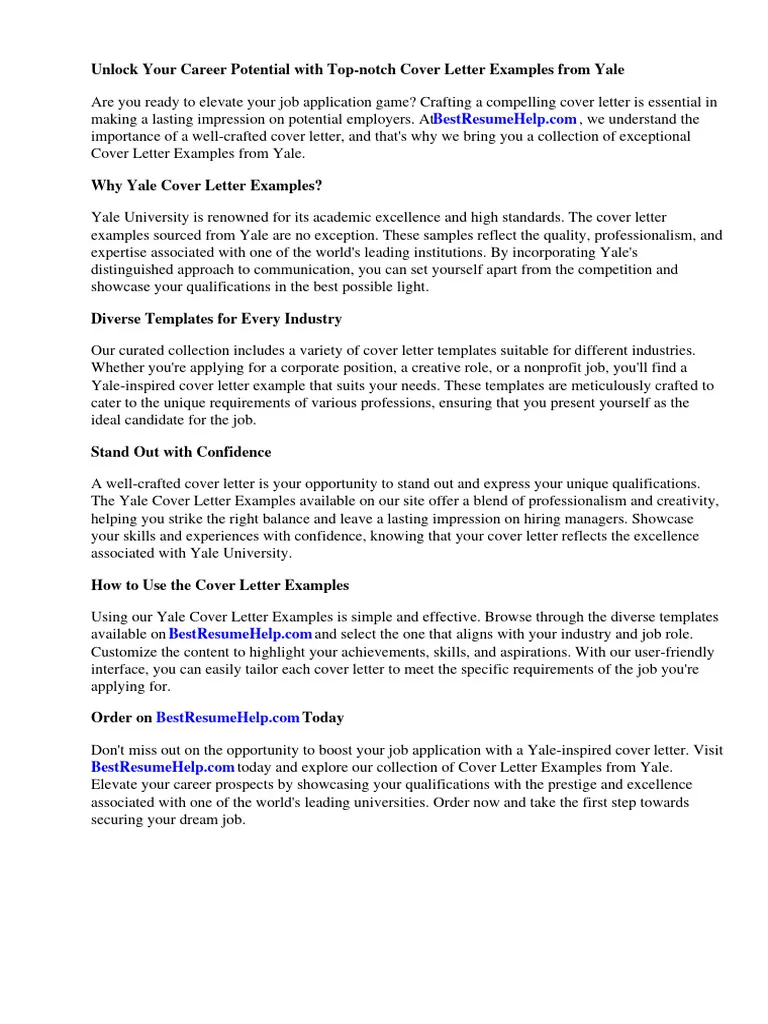
Avoiding common mistakes will ensure that your Yale cover letter is polished and professional. Generic statements can make your application seem less sincere. Grammatical errors and poor formatting will damage your credibility. Ignoring the program’s requirements can signal a lack of interest. By avoiding these mistakes, your cover letter will be more effective and increase your chances of being accepted into Yale. Pay attention to the details, and always proofread your letter.
Generic Statements and Lack of Specificity
Avoid generic statements and lack of specificity, which can make your cover letter sound uninspired. Avoid vague or generic language. Instead, be specific about your experiences, skills, and goals. Provide detailed examples to illustrate your achievements and quantify your results. Show how your experiences relate to the program’s requirements. By providing specific and detailed information, you can make your cover letter more memorable and persuasive. Specific and detailed language will help you stand out to the admissions committee.
Grammatical Errors and Poor Formatting
Grammatical errors and poor formatting can damage your credibility and undermine your message. Proofread carefully to avoid spelling mistakes and grammatical errors. Ensure your letter is clear, well-organized, and easy to read. Use a professional font and formatting style. Pay attention to the layout, including margins, spacing, and headings. Use a professional tone throughout the letter. The attention to detail reflects your commitment to presenting yourself in the best light. Taking the time to proofread and format your letter will help you make a positive impression.
Ignoring the Program’s Requirements
Ignoring the specific requirements of the Yale program is a crucial mistake to avoid. Carefully review the program’s application instructions and guidelines, and tailor your cover letter to their specific needs. Make sure your letter addresses the questions asked by the program. Show you’ve researched the program and align your experiences and goals. Show the admissions committee that you have understood the program’s mission and values. By tailoring your letter to the program’s requirements, you demonstrate your genuine interest and increase your chances of being accepted.
